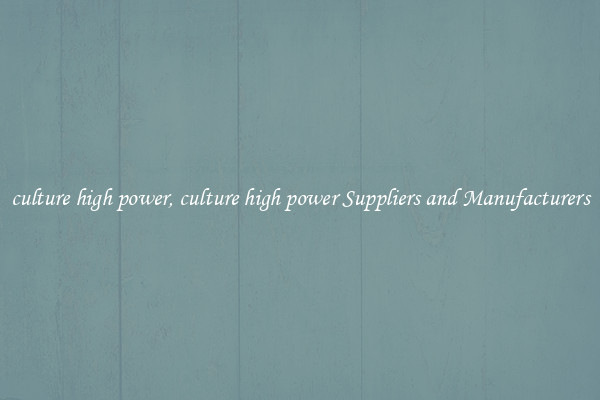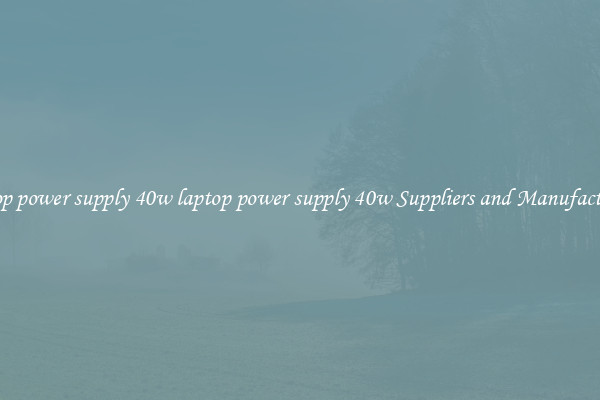culture high power, culture high power Suppliers and Manufacturers
Culture high power is a term used to describe the influence that culture has on the exercise and distribution of power within a society. It refers to the deeply ingrained beliefs, values, norms, and practices that shape power dynamics and hierarchies in a given culture. While power dynamics may vary across different cultures, the concept of culture high power highlights the unique ways in which power is understood and exercised in specific cultural contexts.

Suppliers and manufacturers play a vital role in shaping culture high power by producing goods and services that reflect and reinforce societal power dynamics. They not only respond to existing power structures but also have the ability to shape and influence them as they cater to the demands and needs of the market.
In some cultures, power is concentrated in the hands of a few individuals or groups, creating a strong power hierarchy. This is often reflected in the products and services offered by suppliers and manufacturers. Luxury brands, for instance, cater to a specific socio-economic class that holds a significant amount of power in society. By creating high-end and exclusive products, these suppliers and manufacturers perpetuate the culture high power by catering to the desires and aspirations of the affluent few.
On the other hand, there are cultures that value egalitarianism and strive for equal distribution of power. In such cultures, suppliers and manufacturers play a crucial role in offering products that promote inclusivity and accessibility. They may focus on affordable products, sustainable practices, and social responsibility to align with the values of the culture and challenge existing power dynamics.
In recent years, there has been a growing movement towards greater inclusion and empowerment in various societies around the world. As a result, suppliers and manufacturers are increasingly recognizing the importance of catering to diverse cultural needs and challenging traditional power structures. This has led to the emergence of a more conscious and socially responsible approach in product design, marketing, and distribution.
By understanding and responding to the unique cultural dynamics of different societies, suppliers and manufacturers can not only tap into new markets but also contribute to social change. This requires a deep understanding of cultural norms, values, and power dynamics, and a commitment to creating products and services that empower individuals and promote equality.
In conclusion, culture high power plays a significant role in shaping power dynamics within a society, and suppliers and manufacturers have a responsibility to respond to and influence these dynamics. By understanding and catering to the cultural needs and values of different societies, they can contribute to a more inclusive and equitable distribution of power. Both the suppliers and manufacturers have the power to shape culture high power, and it is important that they use this power responsibly to foster positive societal change.

View details

View details

View details

View details








